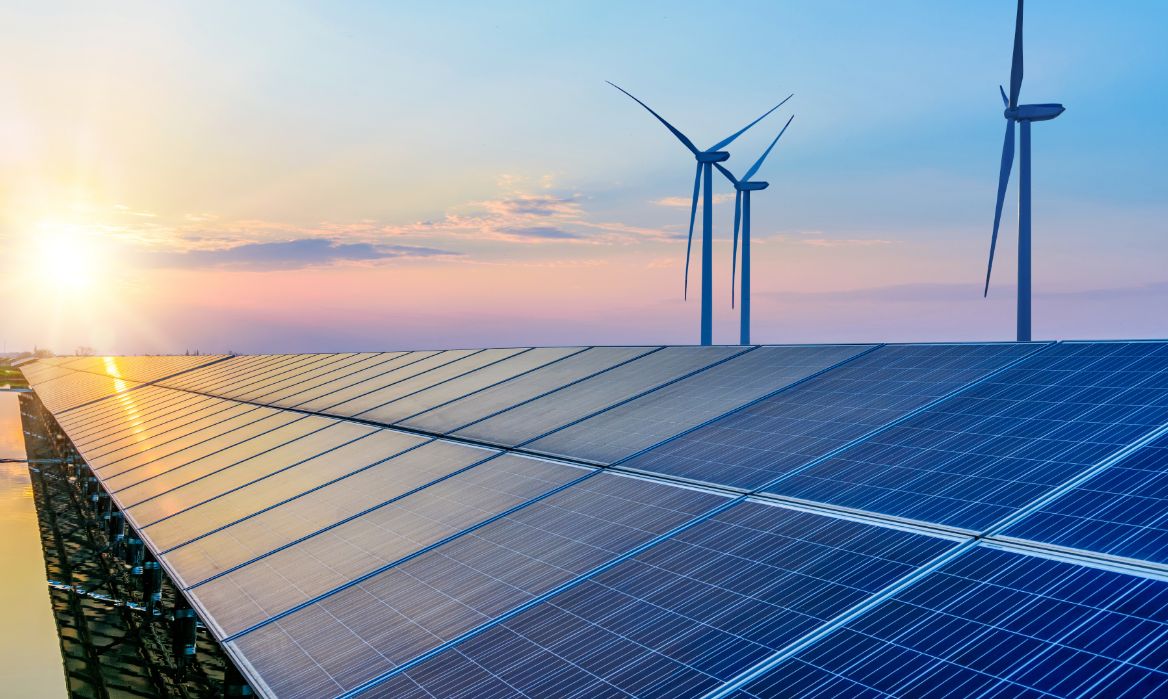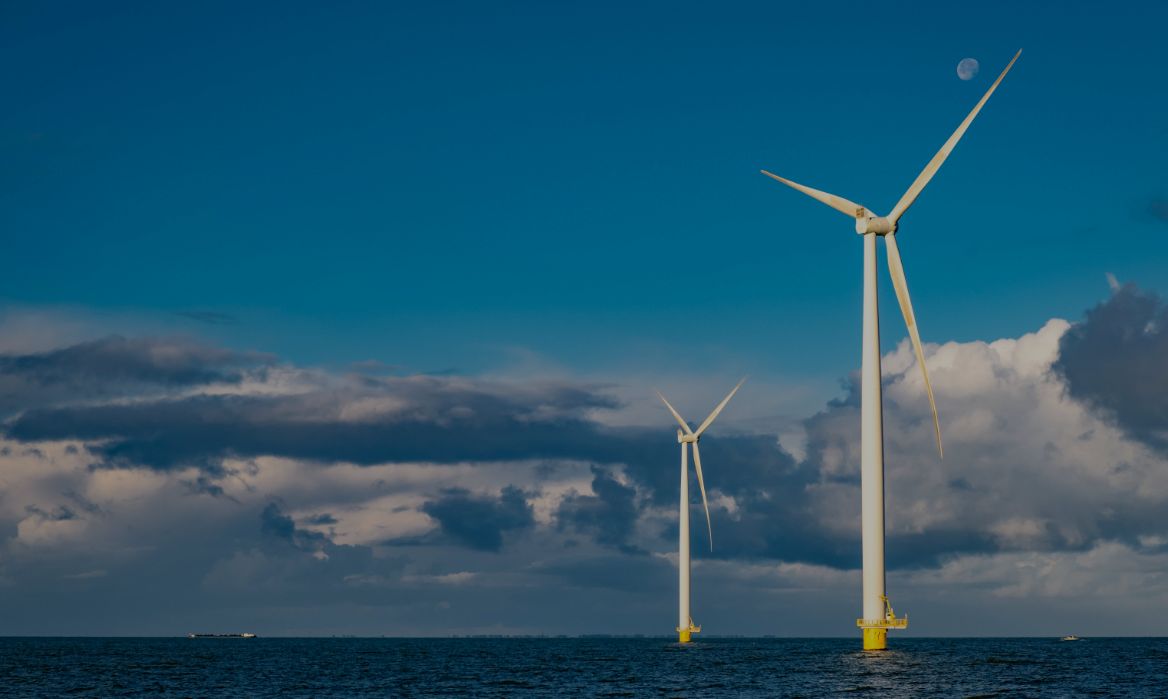The bank, together with the assessment of creditworthiness and credit risk in the strict sense, carefully assesses the specific risk of a transaction, in particular legal, reputational, political and environmental risk, as well as the risk of non-compliance by the client with the principles of corporate social responsibility, money laundering and terrorist financing (e.g. conflict of interest, transparency, companies operating in tax havens).
Environment
Environmental risk in lending activities

Bank Pekao supports environmentally friendly projects and takes environmental issues into account in the process of credit risk analysis and monitoring of transactions
The Bank supports customers and environmental projects aimed at mitigating climate change, reducing environmental pollution, and projects that support sustainable social development. Therefore, the Bank supports a gradual and orderly transition to a low-carbon economy by limiting the financing of coal mining and energy production from fossil fuels (oil, coal), and increasing the financing of energy from renewable sources (water, wind, sun). The Bank considers infrastructure investments that have low CO2 emissions and are resilient to climate change and disasters as desirable.
In assessing environmental risk, the Bank considers climate, environmental and social risks. It is particularly cautious about the risks posed by, among others, the transition to a low-carbon and „climate-resilient” economy and the risks posed by the so-called physical risks of climate change.
In its day-to-day operations, Bank Pekao is particularly committed to environmental issues. ESG risk assessment is one of the integral elements of the assessment of credit transactions concluded with business entities. Its goal is to promote informed credit decision-making and appropriate relationship management with customers who operate in areas that significantly impact the environment in which we live. Wherever possible, negative environmental, social and climate impacts should be avoided. If avoidance is not possible, negative effects should be adequately reduced, mitigated or compensated for. When there are environmental risks associated with the type of business activities conducted by borrowers, the Bank works with customers to reduce potential consequences that may arise from environmental risks. This cooperation is aimed at identifying, assessing the extent of and mitigating environmental, social and climate risks and is carried out as part of the credit risk assessment process, based on methodologies and using relevant guidelines developed by the European Bank for Reconstruction and Development and the European Banking Authority: EBA).
If it is found that the customer is unable to minimize the ESG risk, the Bank determines the conditions for taking specific environmental measures during the transaction, including the possibility of including appropriate environmental clauses in the loan agreement.
Taking into account environmental concerns, the Bank does not finance a number of activities, i.e.:
- new hard coal and lignite mining projects, including trade, and new energy projects based on hard and lignite coal,
- activities that generate a significant threat to the environment, i.e., but not limited to:
-
- activities declared illegal, phased out or banned (e.g. production or trade in products containing PCBs, hazardous chemicals, psychoactive substances, ozone-depleting substances, persistent organic pollutants, wildlife and their products),
- cross-border shipment of waste,
- keeping animals for the primary purpose of fur production or any activity related to the production of fur,
- the production, placing on the market and use of asbestos fibres, articles and mixtures containing these fibres intentionally added,
- exports of mercury and mercury compounds as well as the production, export and import of a wide range of mercury-added products,
- activities prohibited by the legislation of the host country or international conventions relating to the protection of biodiversity or cultural heritage resources,
- drift fishing in the marine environment with nets exceeding 2.5 km in length
- forced evictions.
The Bank is currently exploring the possibility of supporting the nuclear energy transition.

